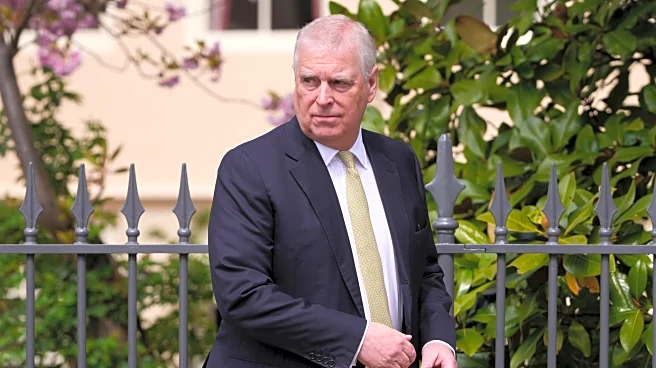Rapid Read • 8 min read
The International Organization for Migration (IOM) has evolved from its initial role as a logistics agency to a central actor in international migration politics. Founded in 1951 by the United States and Western European states, the IOM was initially tasked with resettling displaced persons post-World War II. Over the decades, it has expanded its mission and scope, becoming instrumental in developing and implementing migration management worldwide. The IOM now operates with 173 member states and has joined the United Nations as a related organization since 2016. It competes and cooperates with other international organizations like UNHCR and ILO for influence and funding, focusing largely on projects in the Global South funded by states in the Global North.
AD
The IOM's expansion and influence are significant as it shapes global migration policies and practices. Its role in defining migration discourses and standards impacts how countries manage migration and border control, particularly in the Global South. The organization's activities, funded primarily by the U.S. and EU, reflect a neoliberal approach to migration management, emphasizing orderly and humane migration. This has implications for international relations, as the IOM's projects align migration policies of weaker states with the interests of powerful member states, potentially affecting sovereignty and local governance.
The IOM is expected to continue expanding its influence and operations, particularly in regions affected by environmental disasters and climatic changes. It will likely increase its role in humanitarian interventions and migration management projects, further solidifying its position as a key player in global migration politics. The organization's ability to rally support from states in the Global South for its policies suggests ongoing cooperation and potential shifts in migration management strategies.
The IOM's activities raise ethical and legal questions regarding the rights of migrants and the organization's lack of a formal protection mandate. Its focus on humanitarian criteria rather than political rights may lead to new hierarchies of legitimate claims to mobility and protection, impacting migrants' human rights. The organization's role in externalizing European migration control also highlights the complexities of international migration politics.
AD
More Stories You Might Enjoy











